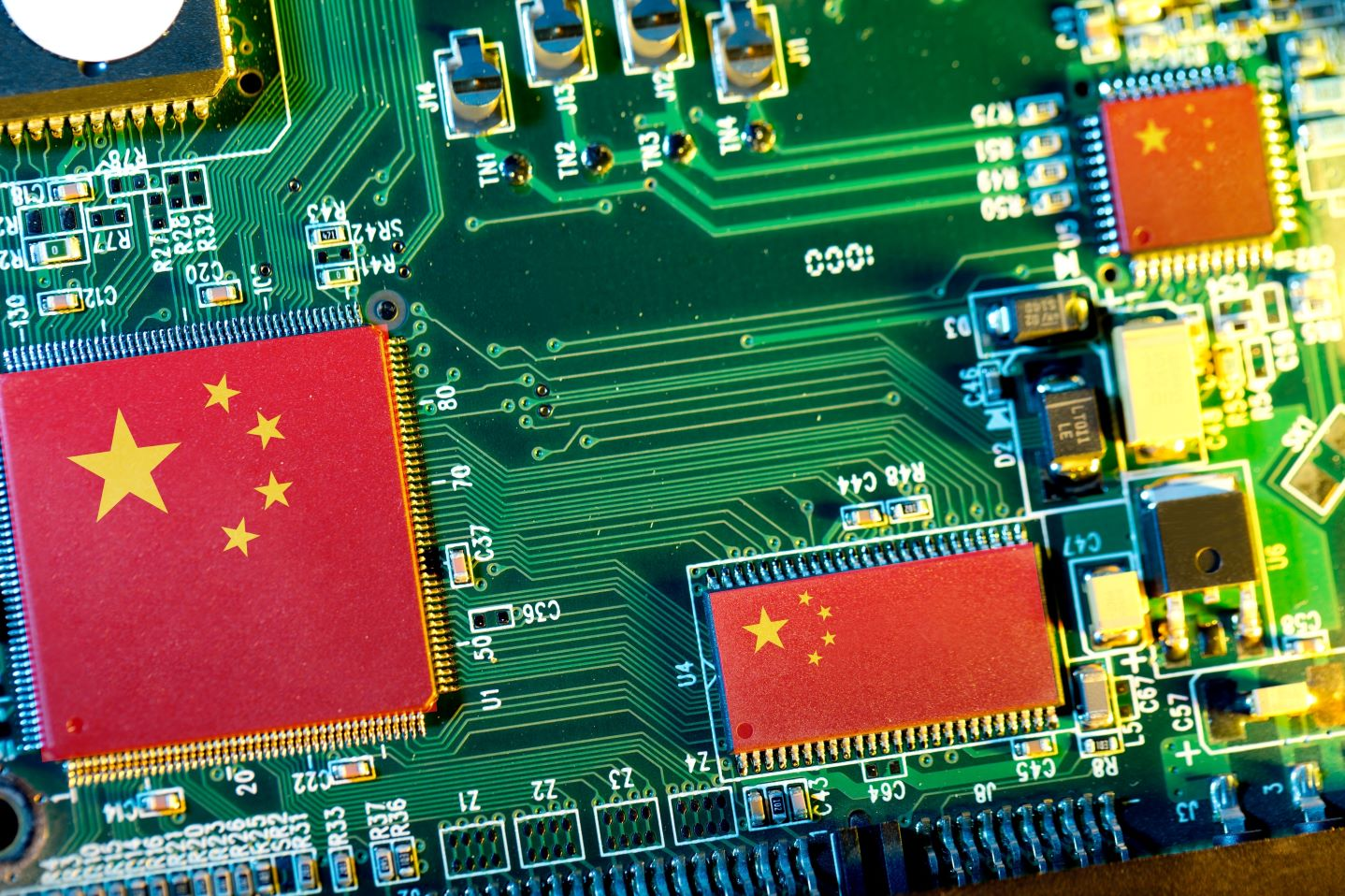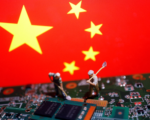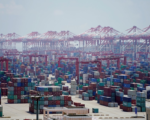China’s Ministry of Commerce has proposed new export restrictions targeting technology used in processing critical minerals such as lithium and gallium, as well as in producing battery components, according to a document released on Thursday.
If implemented, the restrictions would follow a series of measures by Beijing to tighten control over critical minerals and related technologies, reinforcing its dominance in these sectors. These announcements come ahead of U.S. President Donald Trump’s second-term inauguration, during which he is expected to escalate trade restrictions on China.
Maintaining Lithium Dominance
China currently holds a 70% share of the global lithium processing market, critical for manufacturing electric vehicle (EV) batteries. Adam Webb, head of battery raw materials at Benchmark Mineral Intelligence, noted that the proposed measures would solidify China’s control over lithium chemical production for its domestic battery supply chain.
“These measures aim to sustain China’s high market share and ensure secure production for local supply chains,” Webb said. “However, they could create significant hurdles for Western lithium producers seeking access to Chinese technology for processing lithium chemicals.”
Impact on Global Battery and Mineral Industries
The proposed restrictions could disrupt the overseas ambitions of major Chinese battery manufacturers, including CATL, Gotion, and EVE Energy, by limiting their ability to export advanced technologies. Additionally, technologies related to gallium extraction could face similar constraints.
Gallium and lithium are crucial in the production of semiconductors, EV batteries, and renewable energy technologies. Restricting exports of processing technologies would not only bolster China’s domestic capabilities but could also amplify challenges for international competitors reliant on Chinese expertise and resources.
Next Steps
The public has until February 1 to provide feedback on the proposed changes. However, the document does not specify when these measures might take effect.
Analysts warn that if the restrictions are implemented, they could escalate existing tensions in global trade and technology markets, particularly as Western nations seek to reduce reliance on Chinese supply chains for critical minerals.

















